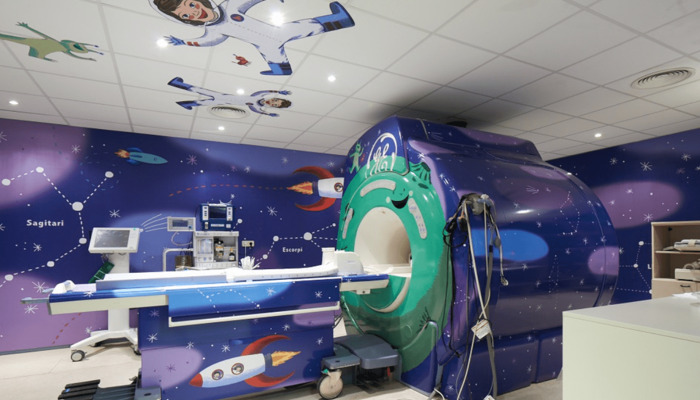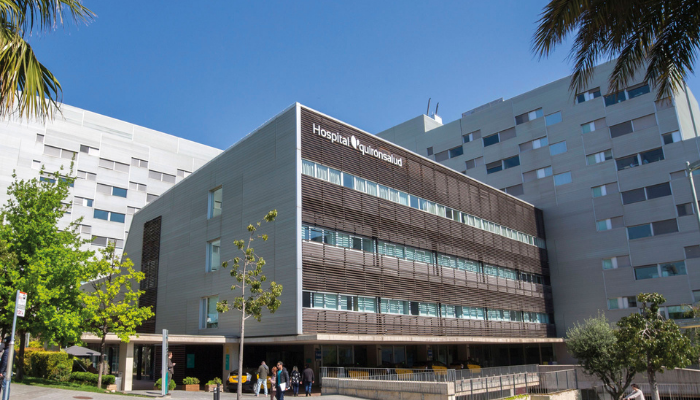Cleft Lip and Palate treatment in Spain
The congenital malformation that affects the maxillary and nasal area and causes the patient to have a separation in the upper lip is known as cleft lip.
This treatment, depending on the severity of the malformation, is carried out in three phases:
- Cleft lip repair within the first 3 and 6 months of age.
- Cleft palate repair between 12 and 18 months of age or earlier, if possible.
- Follow-up surgeries between 2 years of age and late adolescence.
Can we help you?
In a few moments, one of our specialists will contact you.







